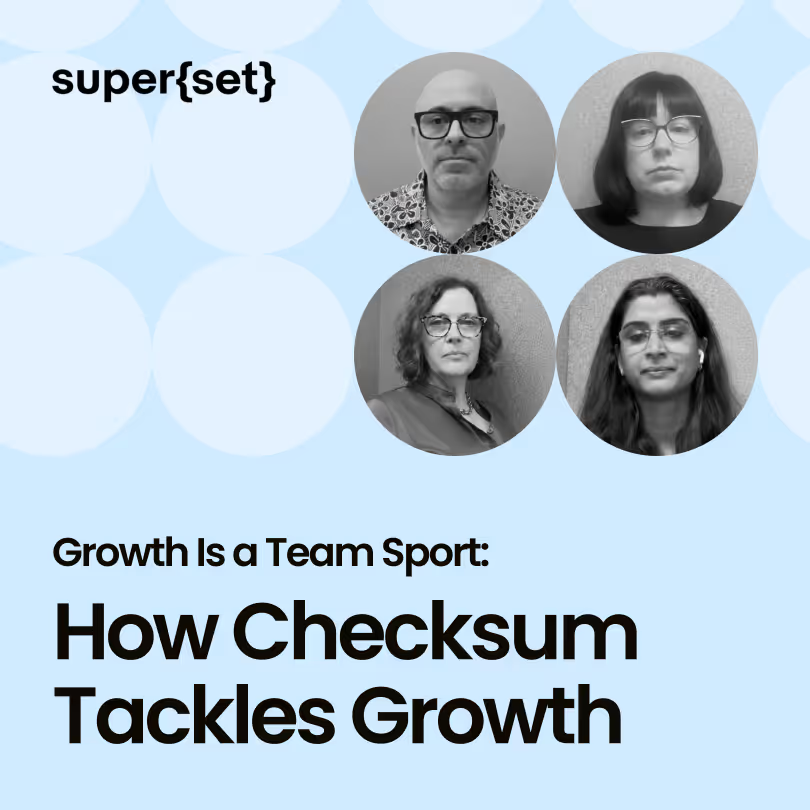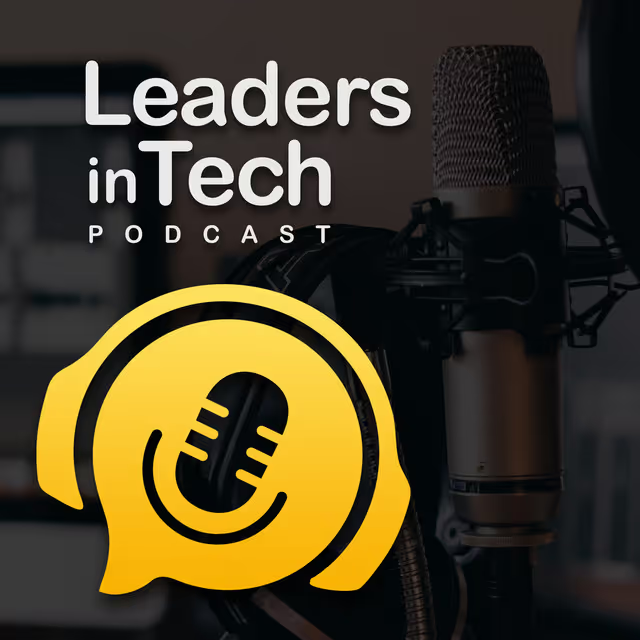
From Watsonville To The Moon
Igrew up in the raspberry and strawberry fields of Watsonville, California — picking America’s produce with my parents who were migrant laborers. Even before I could work in the fields myself, I spent a lot of my time there because my parents couldn’t afford a babysitter and all the aunts who might’ve stepped in were picking berries right alongside us. Most of my childhood was spent in those fields. I picked so many raspberries that to this day, I can’t bear to eat them. I can’t even look at them.

Growing up, I went to a bilingual school where there was not a lot of tech involved. The first time I sat in front of a computer was in middle school. I got to take a typing class for 45 minutes a week. That was my only exposure to computers but I was hooked. At the time, it had never crossed my mind that I could work with technology as a profession. I enjoyed being on a computer, but outside of those 45 minutes I never had the ability to explore anything else.
I wanted to go into computer science but my advisors told me I wasn’t a good candidate. This sort of surprised me. I had good grades and I’d taken every AP class that was available to me. The trouble was that AP Computer Science hadn’t been available at my high school. Outside of those 45 minutes of typing a week back when I was in middle school, I didn’t have access to a computer. Silicon Valley was only an hour away from Watsonville but it might as well have been on the moon, that’s how inaccessible that path felt to me.
So fast-forward a couple of years, I had a part-time job working for the Educational Partnership Center for UCSC where I mentored incoming high school freshmen and prepared them to be college bound – this guy Jacob comes in to pitch the students on this idea he has for an organization called Digital Nest. Youth can come to a physical space to work on computers, take computer courses, listen to guest speakers, find mentors, get higher paying jobs — all of these things that could’ve really changed my life. I asked Jacob, “sooo… when is this place going to open?” He said that if he could get enough interest, we’d make it happen. I realized that if I could help him get enough interest to get this place open, it could be my ticket into technology. I was right.

Today, I’m a software engineer and I love it. Over the years, I’ve reflected on how I got here and why there aren’t more people with my heritage represented in tech.
It’s not for lack of talent. A lot of migrant kids would make amazing engineers. They’re constantly in situations where they need to find solutions to difficult problems with limited resources and that’s really what engineering is all about.
There are just so many forces working against us and there are so many reasons for us to believe that Silicon Valley might as well be on the moon.
If we want diversity across tech, we’ve got to solve for some of that. Here’s what I’ve been thinking:
Seeing Is Believing
The first engineer I ever saw was in Jurassic Park. Ray Arnold, played by Samuel L Jackson. Things didn’t end well for Ray but that didn’t dampen my enthusiasm. These moments in pop culture can have real life impact on kids watching them but they’re nothing compared to the impact of getting to talk and interact with real people who look like you and come from your community and show you options and opportunities you might never have known were available. We need more programs like Digital Nest. We need more mentorship programs. We need more visibility.
Access to Opportunities
Once you see that a path is possible, there need to be real opportunities available for you to pursue it. This can be as simple as access to a computer or reliable WiFi or to computer science classes in high school. The pandemic showed us that more than 9 million children lack internet access at home. We’re never going to be able to build a more equitable society until we solve for issues like this.
Empowerment To Seize On Opportunities
I know people who have the opportunities but their life circumstances don’t allow them to seize the opportunities. If you have aging parents that rely on you, you can’t go take an unpaid internship. That’s why apprenticeship programs at places like Adobe and super{set really opened doors for me. They paid me to come learn. It’s the only way I could’ve made that work.
Getting In The Door
HR has work to do. HR departments have to completely rethink how they attract talent. One example: I’m a non-traditional software engineer which means I never got a computer science degree — and not for lack of wanting one. The way job descriptions are written right now, they almost universally exclude non-traditional engineers. That’s a mistake and it’s an easy one to fix.
Diversity Can’t Sustain Without Inclusion
It’s not enough to get diverse individuals into the building. Companies need to build pipelines to help develop their talent. I see so many diverse hires falling out within the first year and it’s because they’re being set up to fail.
I promised myself that if I ever became a software engineer, I would work hard to make it easier for other people like me to follow the same path. If you share a similar vision, let’s have a conversation.

Martín Vargas-Vega is a Latinx philanthropist, nontraditional software engineer, passionate advocate for bridging the digital divide and a founding engineer at Habu, a super{set} company. Vega is a founding member of the nonprofit known as the Digital NEST and a leader in the Latinos In Tech giving circle that will have awarded more than $200,000 to Latinx-lead non-profits by the end of 2021.
Tech, startups & the big picture
Subscribe for sharp takes on innovation, markets, and the forces shaping our future.
Let's keep in touch
We're heads down building & growing. Learn what's new and our latest updates.


.avif)